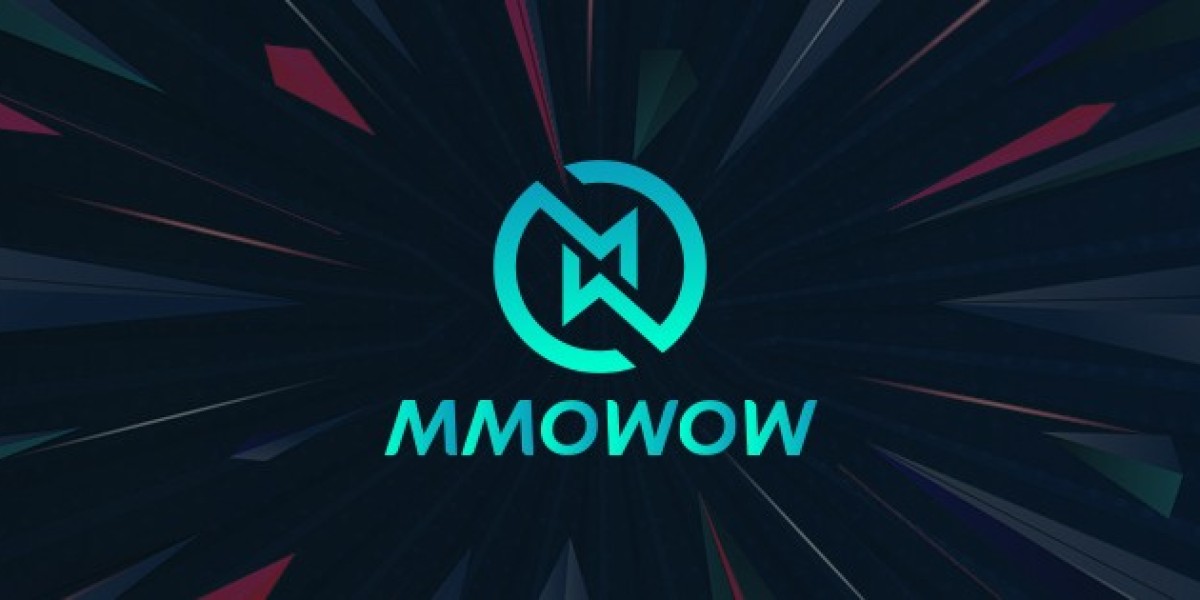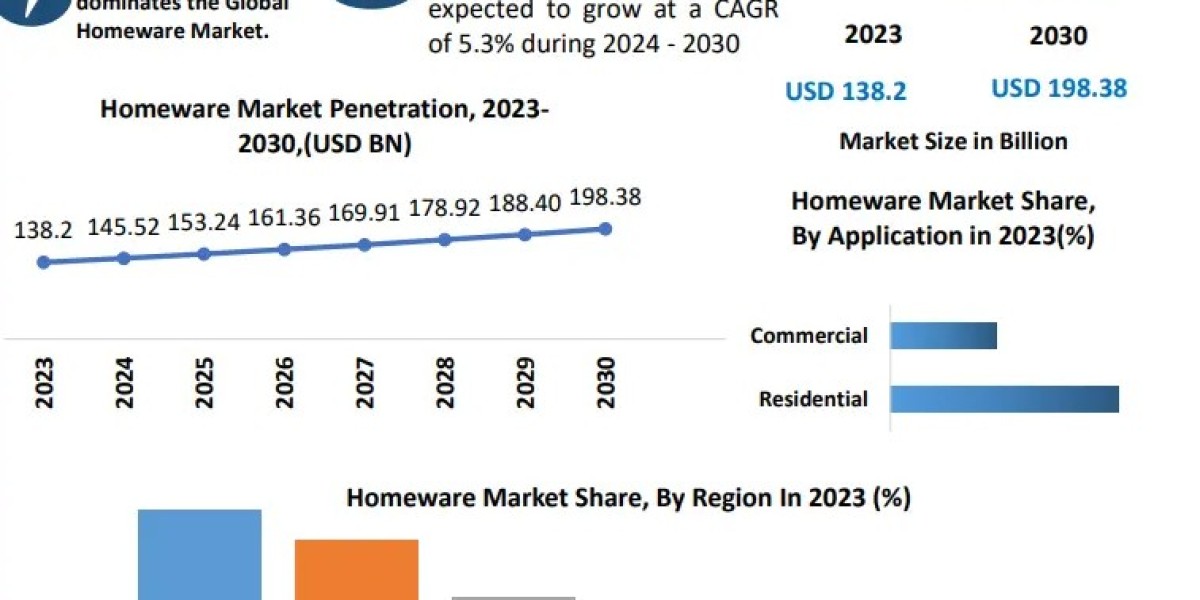Blockchain technology, initially known for its role in cryptocurrencies, has evolved into a versatile tool with implications across various industries.
One of the most promising applications is its integration into mobile apps, where it enhances security, transparency, and efficiency.
Blockchain is a decentralized and distributed digital ledger that records transactions across multiple computers in a way that is secure, transparent, and immutable. Each transaction or data record, known as a block, is linked to the previous one, forming a chain of blocks. This structure ensures that once recorded, data cannot be altered retroactively without altering subsequent blocks, thereby enhancing data integrity and security.
This article explores the use cases of blockchain in mobile apps, its benefits, challenges, and future trends within the realm of mobile app development services.
Benefits of Blockchain Integration in Mobile Apps
Enhanced Security: Blockchain's cryptographic principles and decentralized architecture make it highly secure against data tampering and unauthorized access. Mobile apps integrated with blockchain can secure sensitive user information, transactions, and digital assets.
Transparency and Traceability: Blockchain enables real-time tracking and auditing of transactions or data records. In sectors like supply chain management or finance, mobile apps can leverage blockchain to provide transparent and auditable records of transactions, ensuring accountability and trust.
Reduced Intermediaries and Costs: By eliminating intermediaries in transactions, blockchain reduces processing fees and speeds up transaction times. Mobile apps integrated with blockchain can facilitate peer-to-peer transactions or automated smart contracts, reducing operational costs for businesses.
Use Cases of Blockchain in Mobile Apps
Financial Services and Payments
Blockchain-based mobile apps can facilitate secure and instant peer-to-peer payments, remittances, and microlending without relying on traditional banking intermediaries. Cryptocurrency wallets and payment apps leverage blockchain to enable seamless transactions globally.
Supply Chain Management
Mobile apps integrated with blockchain track the provenance and movement of goods across the supply chain. Each transaction (e.g., shipment, delivery) is recorded on the blockchain, providing stakeholders with real-time visibility and ensuring authenticity and compliance.
Identity Verification and Authentication
Blockchain enhances digital identity management by securely storing and verifying user identities. Mobile apps can utilize blockchain for decentralized identity verification, reducing identity theft risks and enabling secure access to services or platforms.
Challenges in Blockchain Integration
Scalability: Blockchain networks like Bitcoin and Ethereum face scalability issues, limiting transaction throughput and speed. Mobile app developers must consider blockchain platforms that support high transaction volumes without compromising performance.
Regulatory Uncertainty: Regulations surrounding cryptocurrencies and blockchain technology vary globally. Mobile app developers integrating blockchain must navigate legal frameworks and compliance requirements specific to their jurisdictions.
User Experience: Blockchain's complexity and technical nature may pose usability challenges for mainstream users. Mobile app developers need to design intuitive interfaces and educate users about blockchain functionalities to enhance adoption.
Future Trends in Blockchain and Mobile App Development
Interoperability: Blockchain interoperability protocols (e.g., Cosmos, Polkadot) will enable different blockchain networks to communicate and share data seamlessly. Mobile apps can leverage interoperable blockchains to access diverse functionalities and ecosystems.
Decentralized Finance (DeFi): DeFi applications, such as decentralized lending and trading platforms, are gaining traction. Mobile apps integrated with DeFi protocols enable users to manage digital assets, earn yields, and participate in decentralized governance.
Blockchain-as-a-Service (BaaS): Cloud service providers offer BaaS platforms that simplify blockchain deployment and management for mobile app developers. BaaS solutions enhance accessibility to blockchain technology, enabling rapid app development and deployment.
Conclusion
Blockchain integration in mobile apps represents a transformative shift towards enhanced security, transparency, and efficiency across industries. As mobile app development services continue to evolve, blockchain's potential to redefine digital interactions and business processes is undeniable. By addressing scalability, regulatory challenges, and enhancing user experience, developers can unlock blockchain's full potential and drive innovation in the mobile app ecosystem.
Looking Ahead
The synergy between blockchain technology and mobile app development services will continue to foster innovation and shape the future of digital interactions. Developers and businesses embracing blockchain integration can pioneer new use cases, enhance operational efficiencies, and deliver seamless user experiences in the decentralized digital economy.








